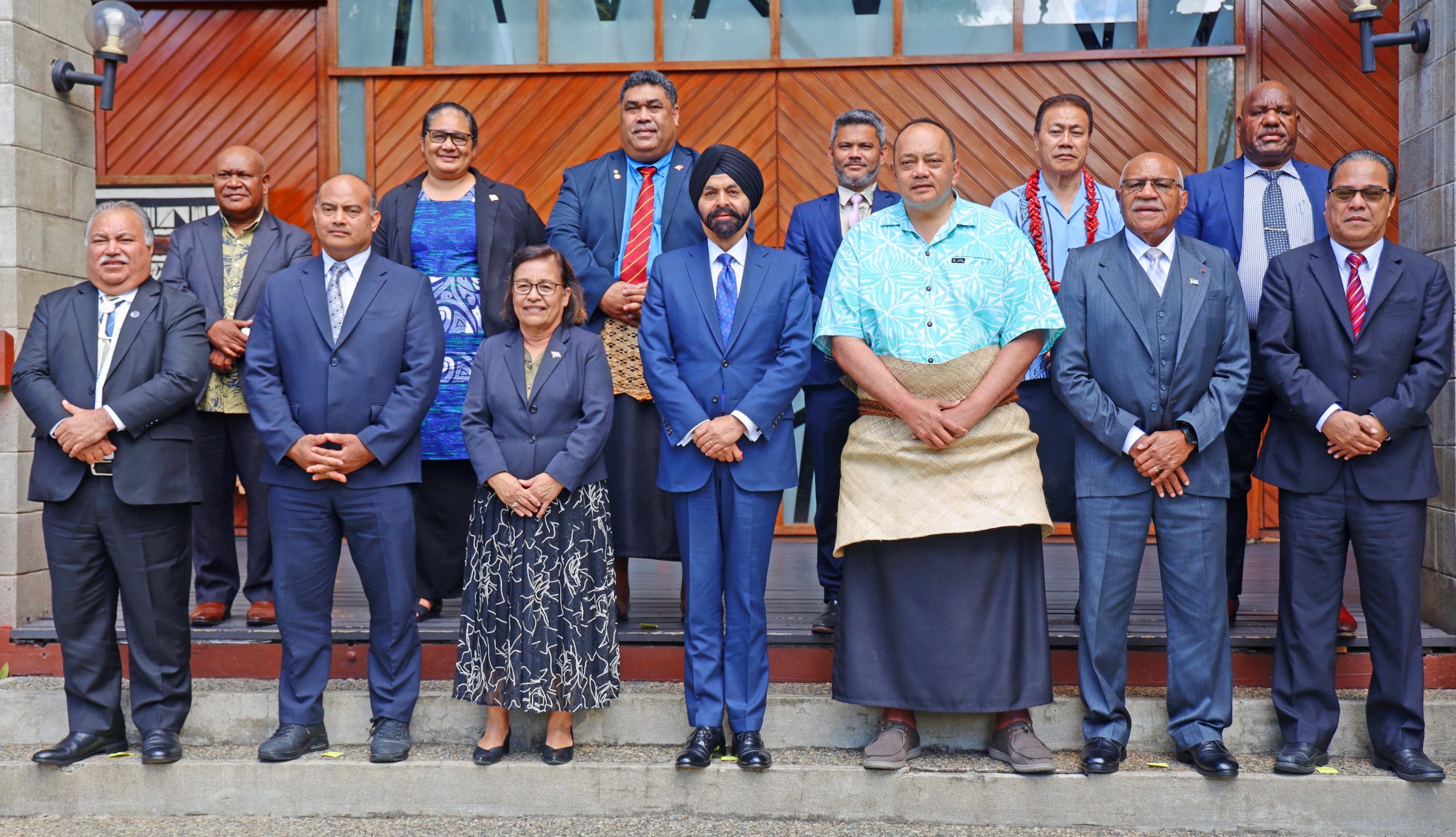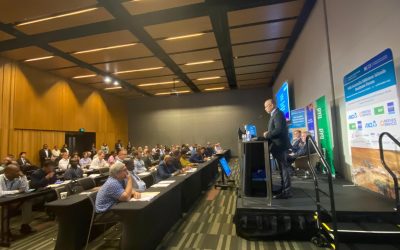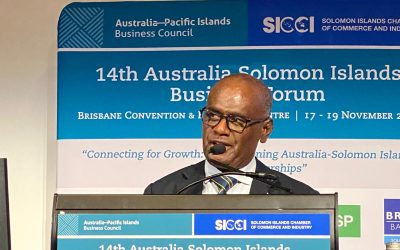World Bank President Ajay Banga’s recent visit to the Pacific marked a pivotal moment for the region, highlighting a renewed focus on tackling the unique challenges faced by Pacific Island nations. His trip—the first by a World Bank President to the region in nearly 50 years—emphasised the importance of forging deeper partnerships to address urgent issues such as climate change, economic recovery, and health infrastructure.
Banga’s visit included stops in Fiji and Tuvalu, where he engaged with local leaders, community representatives, and young people. In Tuvalu, a country on the frontlines of climate change, Banga witnessed first-hand the devastating impact of rising sea levels. He spoke about the urgency of making climate finance a central pillar of the World Bank’s efforts, stressing that countries like Tuvalu contribute little to global emissions but face the brunt of the environmental crisis. Banga assured Pacific leaders of his commitment to scaling up climate adaptation funding, not just for physical infrastructure but also for improving the quality of life for communities grappling with these existential threats.
During his time in Fiji, Banga met with Fijian Prime Minister Sitiveni Rabuka and other Pacific leaders at the Pacific Islands Forum Secretariat. High on the agenda were economic recovery efforts, climate resilience, and the implementation of the 2050 Strategy for the Blue Pacific Continent. Banga highlighted the World Bank’s recent push to streamline project approval processes, aiming to reduce timelines from 19 months to 12 months—a change that could fast-track critical development projects in renewable energy and infrastructure across the region. This reform, he explained, is vital to ensuring that Pacific nations can quickly benefit from much-needed global support.
In addition to these high-level meetings, Banga toured local health centres, where he addressed the region’s growing health challenges, particularly the rise of non-communicable diseases such as diabetes. He called for a more unified approach to healthcare across Pacific nations, which could enhance service delivery in countries with small populations spread across vast geographical distances. Improving healthcare access is a major focus for the World Bank, and Banga reinforced the institution’s commitment to supporting regional health strategies aimed at building resilience in the sector.
Banga’s trip also underscored the importance of economic growth through job creation and skills development. Speaking with Pacific youth, he stressed the need to prepare younger generations for the realities of climate change, equipping them with the skills to adapt and thrive, whether they remain in their homelands or face migration. Job creation, particularly in the private sector, was highlighted as a key strategy for boosting economic recovery.
Banga’s historic visit set the stage for a stronger relationship between the World Bank and Pacific nations, reinforcing the message that the institution stands ready to support the region’s journey toward a sustainable and resilient future. His focus on faster project delivery, deeper partnerships, and greater investment in climate adaptation and health shows a clear commitment to ensuring that Pacific Island nations are not left behind as the world tackles the challenges of the 21st century.
Main picture: World Bank President Ajay Banga with Pacifi Islands leader during his pivotal visit to the Pacific. Photo Courtesy: World Bank Pacific.



